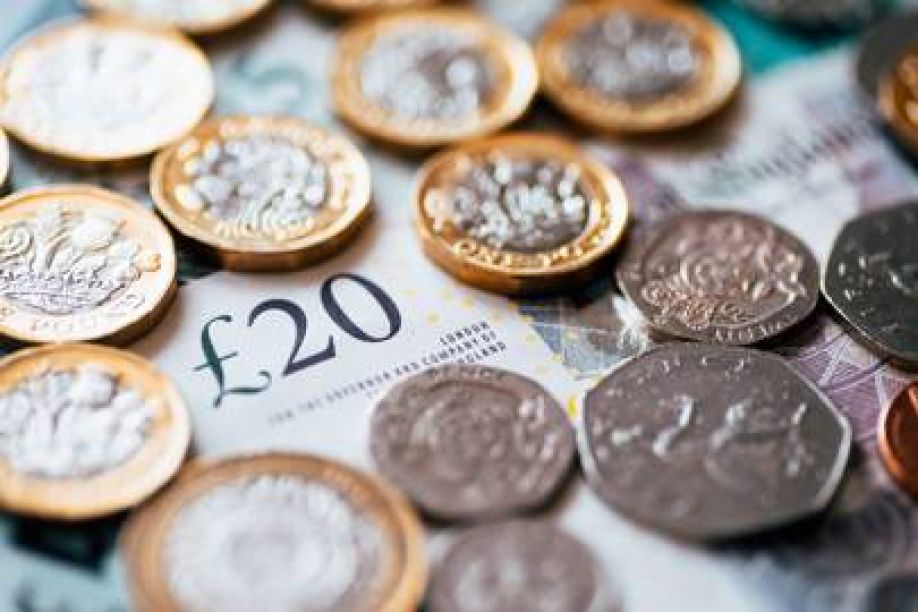
The more money you make, the more taxes you pay — right? Not necessarily.
While the U.S. tax code is structured so that high earners pay a higher tax rate, the ultra-wealthy often take advantage of laws that enable them to lower their effective tax rate.
"In general, America's wealthy are different when it comes to tax planning because of the options they may have with categorizing the assets they hold," said Ron Carson, founder and CEO of Carson Group and co-author of "Avalanche: The 9 Principles for Uncovering True Wealth."
"Their net worth often presents opportunities when tax planning to help protect their assets," he added.
Billionaire Warren Buffett, CEO of Berkshire Hathaway, has repeatedly pointed out the disparity, advocating that rich Americans pay higher taxes. To make that argument, he famously noted that he pays fewer taxes, on a percentage basis, than his secretary and other employees, since a bulk of his wealth is in stock rather than wage income.
The ability of the wealthy to bring down their taxes is nothing new, but there has been a recent rallying cry to make the rich pay more. Sen. Elizabeth Warren, who represents Massachusetts and launched her campaign for the 2020 Democratic presidential nomination, has proposed a 2 percent tax every year on households with assets over $50 million and 3 percent on households with assets over $1 billion. Rep. Alexandria Ocasio-Cortez, D-New York, wants to slap a 70 percent marginal tax rate on income above $10 million. And independent Sen. Bernie Sanders, from Vermont, is looking at an estate tax hike.
"Explore the possibilities of categorizing your assets into three tax locations — taxable, tax-deferred, and tax-free — to best protect what you've built."-Ron Carson, Carson Group CEO
The current tax code, overhauled when the Tax Cuts and Jobs Act was signed into law in late 2017, brought down the tax bracket on the highest earners. The wealthiest now pay a top rate 37 percent on their taxable income, down from 39.6 percent. Still, it could take a big bite out of a billionaire's wallet — so that means thinking ahead on how to save.
"For wealthy people, tax planning is not something done at the end of the year," said CPA Lisa Featherngill, a member of the American Institute of CPAs' Personal Financial Planning Executive Committee. "It's top of mind throughout the year."
So if you want to find a way to lower your taxes like the rich do, it could be a good idea to meet with a financial advisor or CPA.
"Explore the possibilities of categorizing your assets into three tax locations — taxable, tax-deferred, and tax-free — to best protect what you've built," said Carson, a member of the CNBC Advisor Council.
While there are different, creative ways the rich try to bring down their taxes, here are five of the most common strategies on their radar.
Charitable donations
Giving money to non-profit organizations has long been a way for the wealthy to get a deduction on their taxes. And under the new tax law, the amount you can deduct has increased — to 60 percent of your adjusted gross income, up from 50 percent.
One way the rich have been taking advantage of the deduction is creating conservation easements, said Featherngill, who is also the national head of legacy and wealth planning at Abbot Downing in Winston-Salem, North Carolina.
Courtesy of cnbc.com